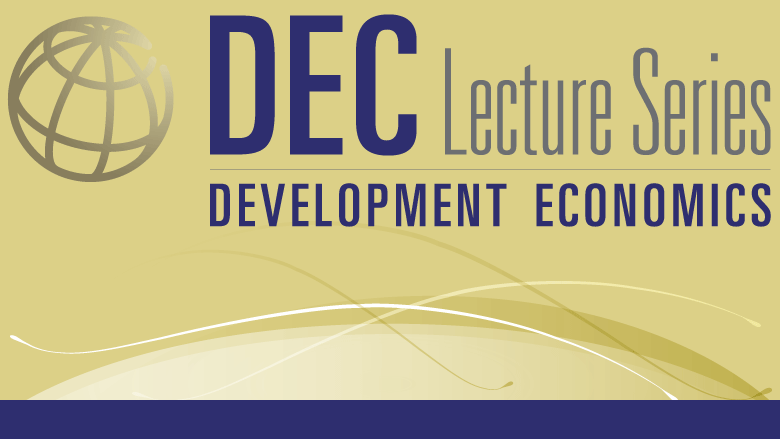
Dominant Currency Paradigm
November 27, 2018
Washington, DC

-
Gita Gopinath is the John Zwaanstra Professor of International Studies and of Economics at Harvard University. Her research focuses on International Finance and Macroeconomics. She is co-director of the International Finance and Macroeconomics program at the National Bureau of Economic Research, a visiting scholar at the Federal Reserve Bank of Boston, member of the economic advisory panel of the Federal Reserve Bank of New York, Economic Adviser to the Chief Minister of Kerala state (India), co-editor of the American Economic Review, co-editor of the current Handbook of International Economics and was managing editor of the Review of Economic Studies. She also served as a member of the Eminent Persons Advisory Group on G-20 Matters for India's Ministry of Finance. In 2018 she was elected a fellow of the American Academy of Arts and Sciences. In 2017 she received the Distinguished Alumnus Award from the University of Washington. In 2014, she was named one of the top 25 economists under 45 by the IMF and she was chosen as a Young Global Leader by the World Economic Forum in 2011. Before coming to Harvard, she was an assistant professor of economics at the University of Chicago's Graduate School of Business.
-
Most trade is invoiced in very few currencies. Despite this, the Mundell-Fleming benchmark and its variants assume prices are set in the producer's currency or in local currency. We model instead a 'dominant currency paradigm' characterized by three features: pricing in a dominant currency, pricing complementarities, and imported input use in production. We test this paradigm using both a newly constructed data set of bilateral price and volume indices for more than 2,500 country pairs that covers 91% of world trade, and using firm level evidence from Colombia. In strong support of the paradigm we find that: (1) Non-commodities terms of trade are essentially uncorrelated with exchange rates. (2) The dollar exchange rate quantitatively dominates the bilateral exchange rate in price pass-through and trade elasticity regressions, and this effect is increasing in the share of imports invoiced in dollars. (3) U.S. import volumes are significantly less sensitive to the bilateral exchange rate, as compared to other countries' imports. (4) A 1% U.S. dollar appreciation against all other currencies in the world predicts a 0.6% decline within a year in the volume of total trade between countries in the rest of the world, controlling for the global business cycle.
-
The Development Economics Vice Presidency (DEC) launched its lecture series in April 2005 to bring distinguished academics to the Bank to present and discuss new knowledge on development. The purpose of the Lecture Series is to introduce ideas on cutting edge research, challenge and contribute to the Bank's intellectual climate, and reexamine current development theories and practices. The Lectures revisit issues of long-standing concern and explore emerging issues that promise to be central to future development discourse. The Lecture Series reflects DEC’s commitment to intellectual leadership and openness in embracing future challenges to reduce poverty.
The DEC Lecture Series is chaired by Shanta Devarajan, Acting WBG Chief Economist and Senior Director, Development Economics, and includes a presentation and floor discussion.
Please visit DEC Lecture Series to access additional information about this event series as well as presentation materials from past talks.
Lecture Details
- Date: November 27, 2018
- Time: 12:30–2:00 PM
- Venue: MC13-121